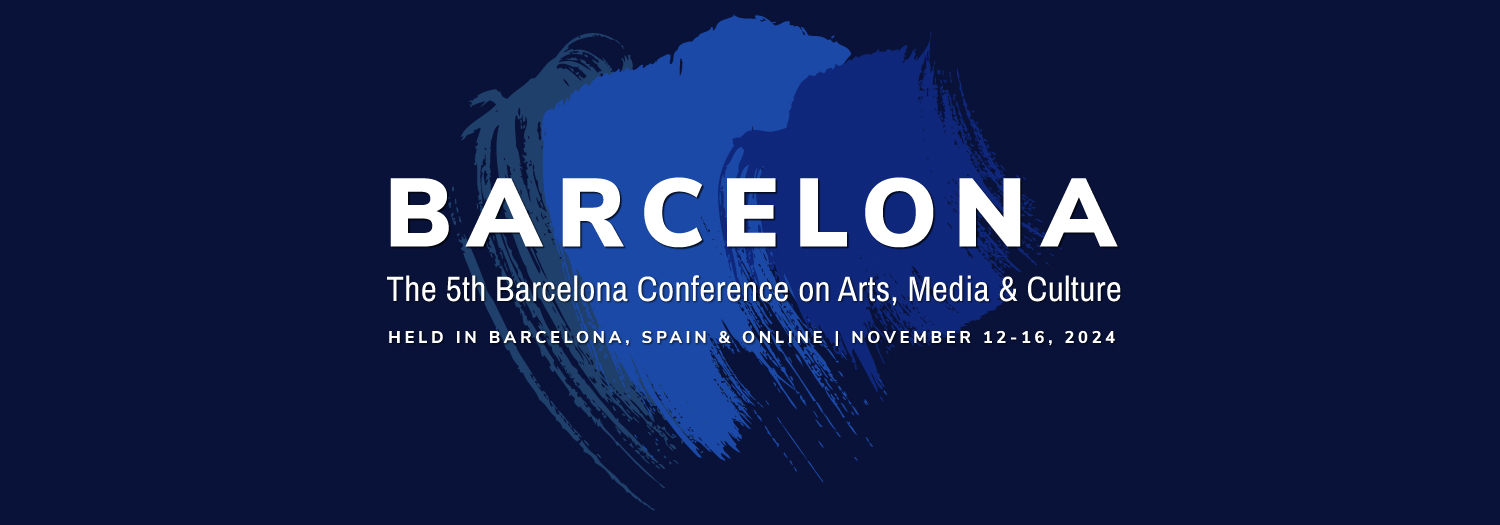Reducing Māori Student Disengagement in Education: Profiling the Critically Conscious, Culturally Responsive Educator (74118)
Session Chair: Guranda Khabeishvili
Thursday, 21 September 2023 10:20
Session: Session 1
Room: Gotic
Presentation Type:Oral Presentation
Māori learners as minority students in New Zealand are over-represented in the negative disengagement indices in mainstream secondary education, despite Māori only representing 17.4% of the New Zealand population. Compared with non-Māori students, Māori are more likely to receive disciplinary action excluding them from education. The Treaty of Waitangi (New Zealand’s underpinning constitutional document), New Zealand legislation and educational policy stipulate that schools must be culturally responsive to the needs of Māori learners ‘as Māori’. Research has indicated that a secure cultural identity can positively impact Māori student inclusion and engagement in education. Drawing on research with Māori learners excluded from education, a critical theory lens provides a better understanding of how schools as microcosms of society can perpetuate inclusive or exclusive environments for Māori students. Findings suggest that a teacher is better equipped to be culturally responsive when critically conscious of the social, political, and historical impacts on Māori as minority students. These educators are aware of their own positionality, beliefs, and assumptions as they have prepared themselves with the necessary cultural tool kit to influence the student/teacher pedagogical relationship. Highlighting, culturally responsive pedagogies for Māori learners, this presentation illustrates through a practical example how pūrākau (traditional Māori story-telling) as a pedagogical strategy is used to enhance Māori cultural identities. Findings conclude that critically conscious, culturally responsive educators can confidently reflect on what systemic privilege looks like and address pedagogical practices to create a culturally safe environment where minority students can flourish.
Authors:
Tania Cliffe-Tautari, The University of Auckland, New Zealand
About the Presenter(s)
Dr Tania Cliffe-Tautari is a University Assistant Professor/Lecturer at The University of Auckland in New Zealand
See this presentation on the full schedule – Thursday Schedule





Comments
Powered by WP LinkPress